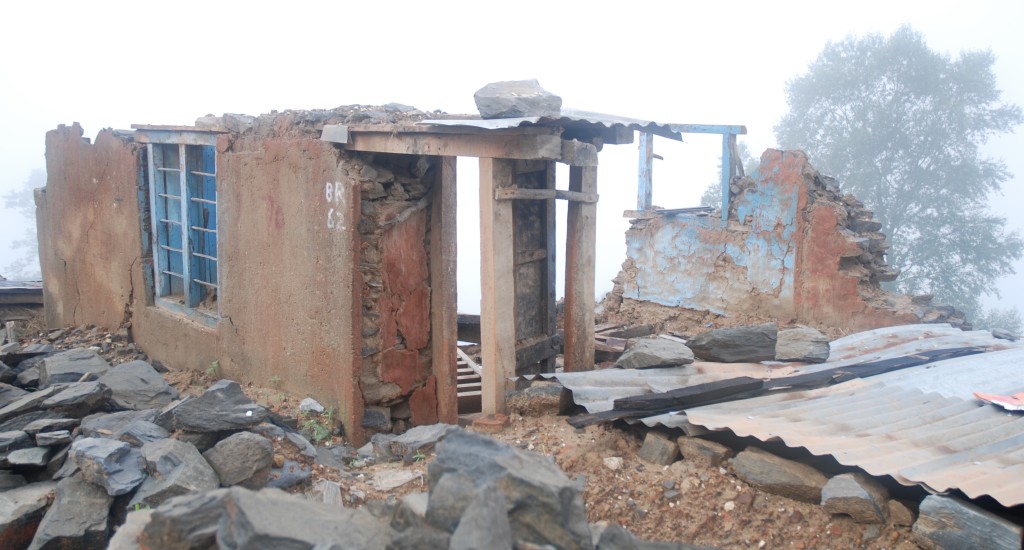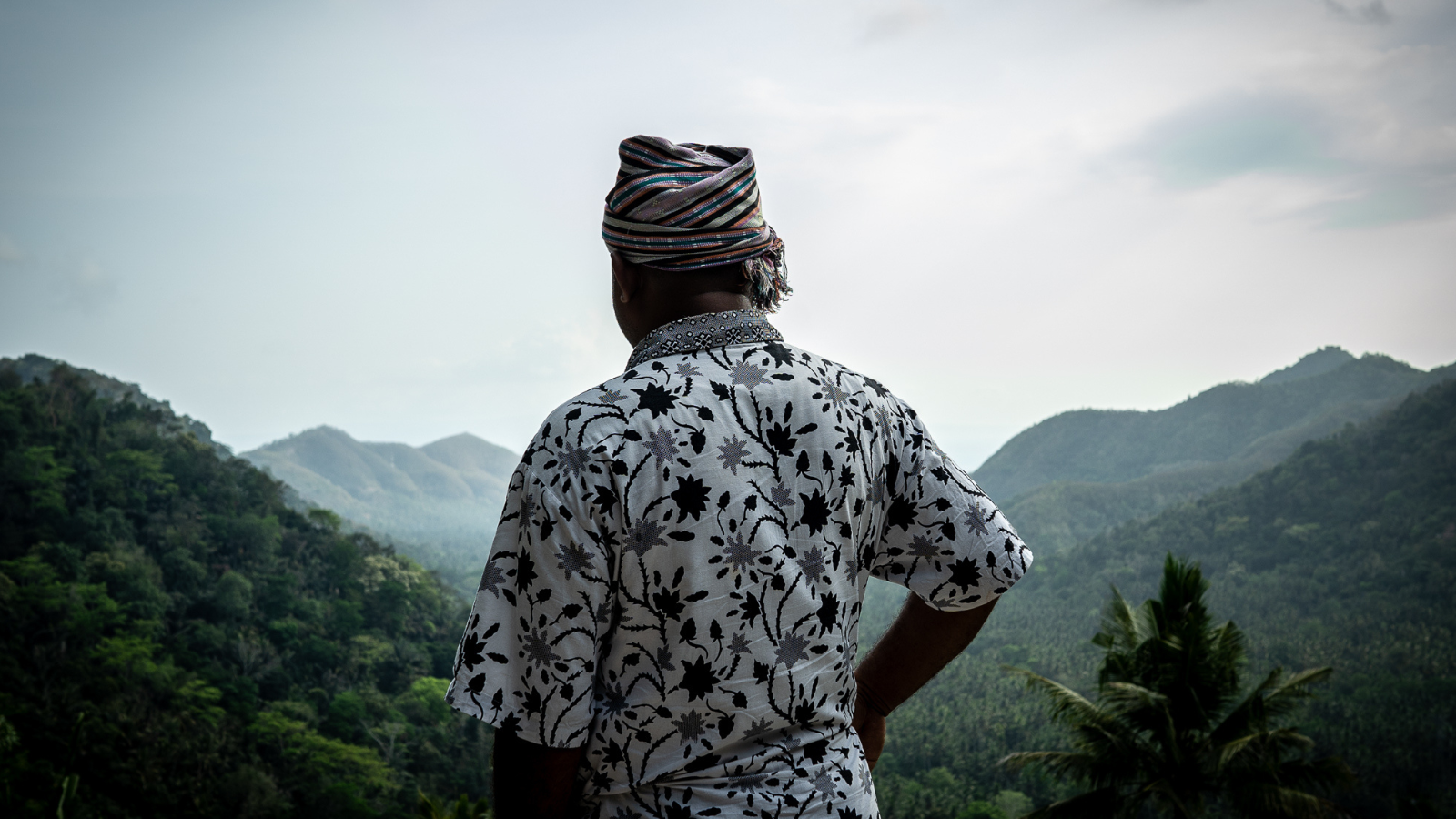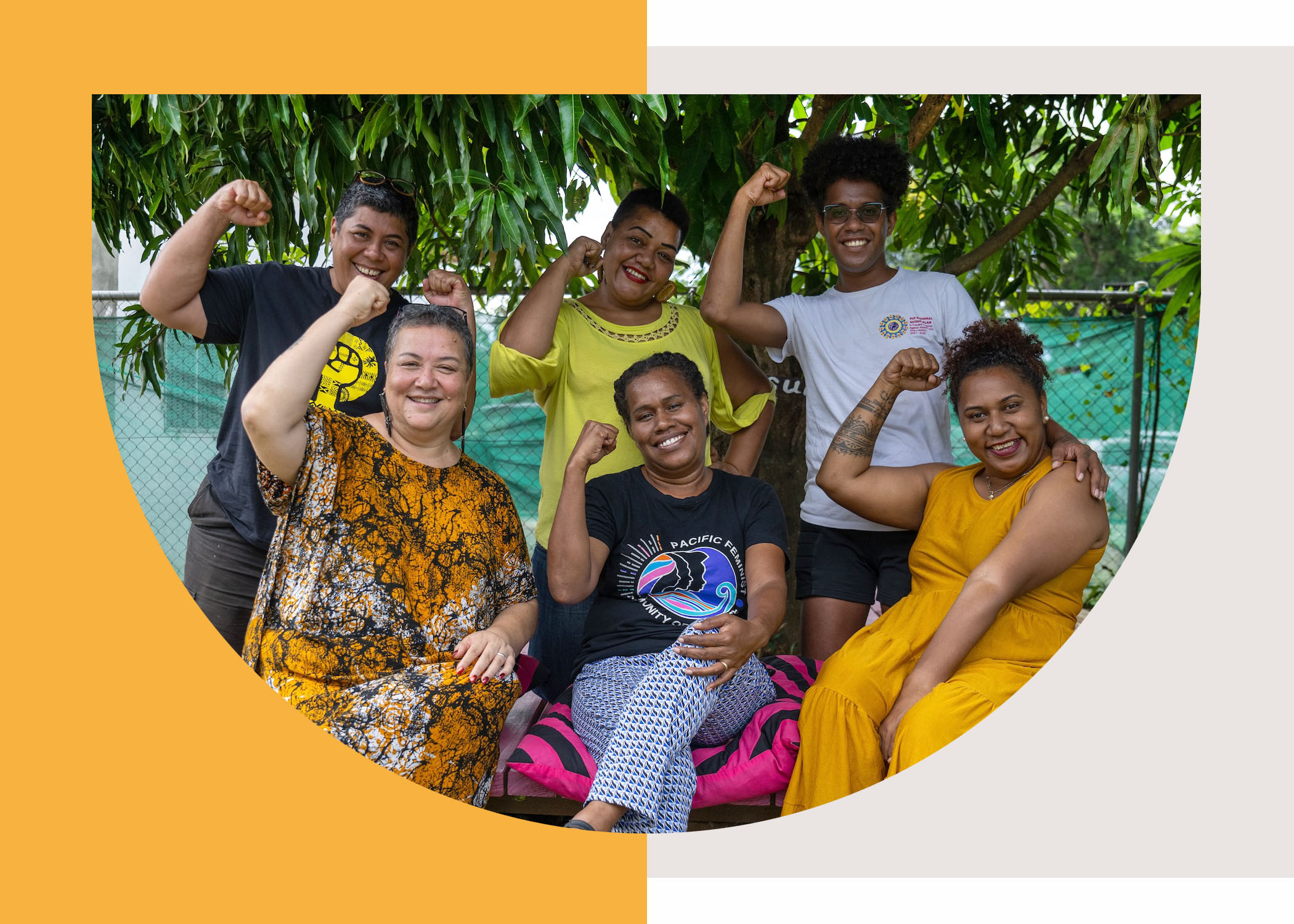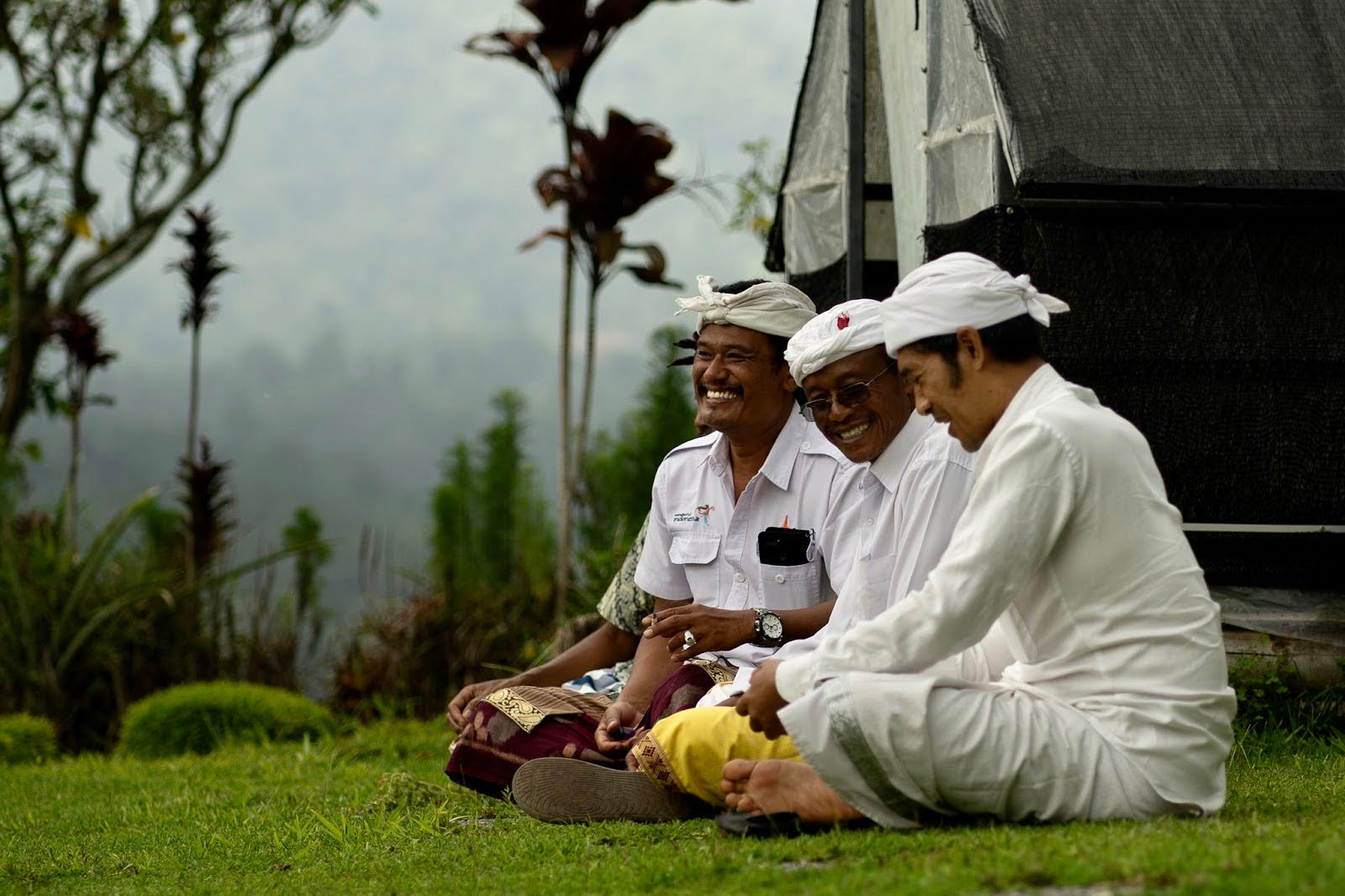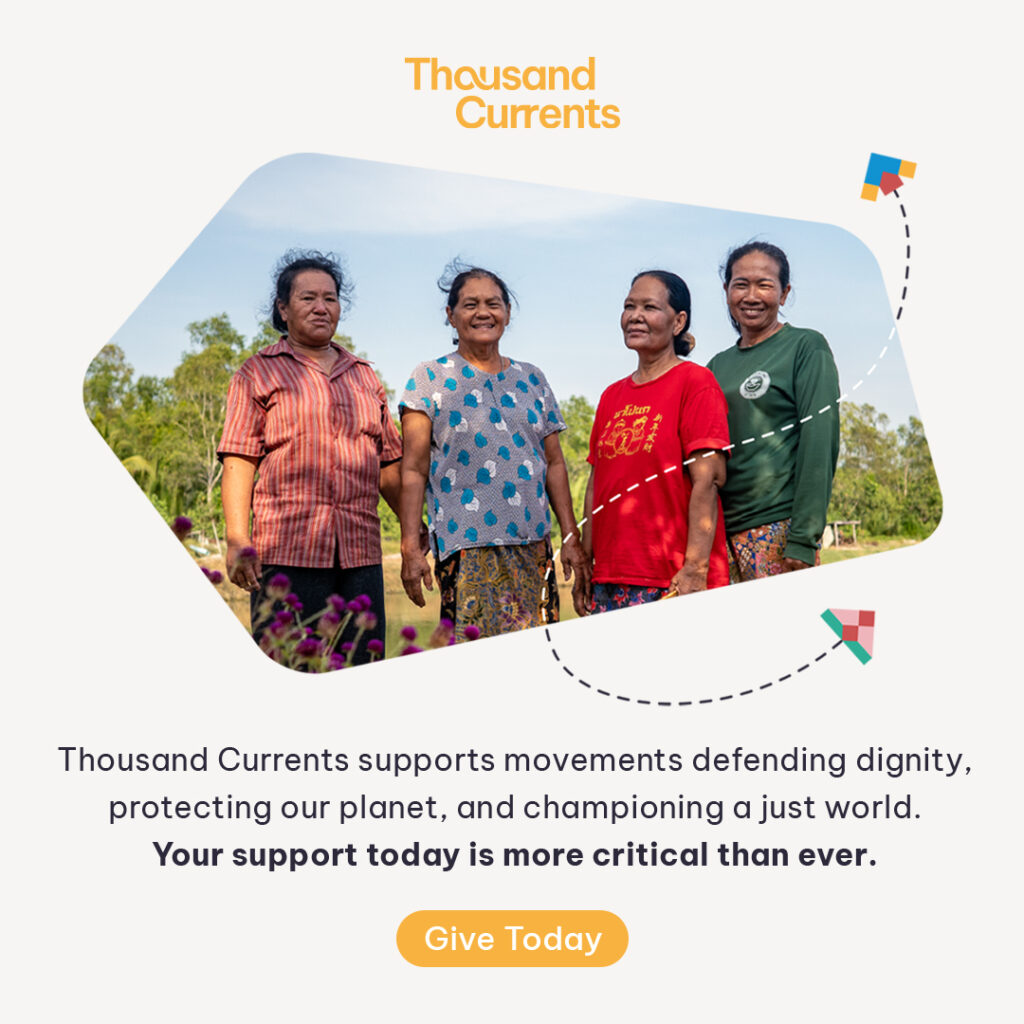ASHA Nepal utilized 988,850 Nepali rupees (approximately US$9,500) from the fund for the two months following the earthquake. Below we share highlights of their report, in their words:
Background
The devastating earthquake of 25 April and aftershock of 12 May 2015 killed more than 9,000 lives and damaged more than 400,000 households around the country. Several districts were affected including Kathmandu and Nuwakot districts where ASHA/Nepal is working with women groups.
The local assessment
ASHA/Nepal team members assessed damages of calamities. More than 5,000 people were affected and three people lost their life. Though not big human casualties were observed [within our area], more than 80 per cent of the households were damaged. Many houses were cracked, very dangerous and unlikely to live inside.
Due to the damage of houses, most of the community people are living inside the tent, cowsheds or temporary sheds. They also have food scarcity due to loss of their food stock. Water supply system is damaged and daily lives are heavily affected.
Improving water and sanitation essential
There is also the danger of disease outbreak and post-disaster epidemic since rainy season is coming nearer. Therefore, it is very essential to have safe drinking water, proper management of sanitation in order to prevent illness in the communities, and [have] safety from diarrhoeal and ARI (acute respiratory infection).
Activities
Followings were the six key activities supported for the affected areas, which were prioritised by the women’s group members. These activities were amended based on the support provided by the government and other authorities in the community.
1. Purchase of water tanks for water supply system:
ASHA/Nepal distributed 6 big tanks (1000 liters) and two small tanks (500 liters) along with tap and other joining accessories for the collection of water from the nearby sources of water in the community. Representatives from Okharpauwa received these materials on Friday, 5th June 2015 and Representative from Chhaimale received them on Thursday, 11th June 2015. These tanks were extra heavier [durable] than other general polythene tanks. ASHA/Nepal organized a small orientation program for the better management of the supplied materials in Kathmandu.
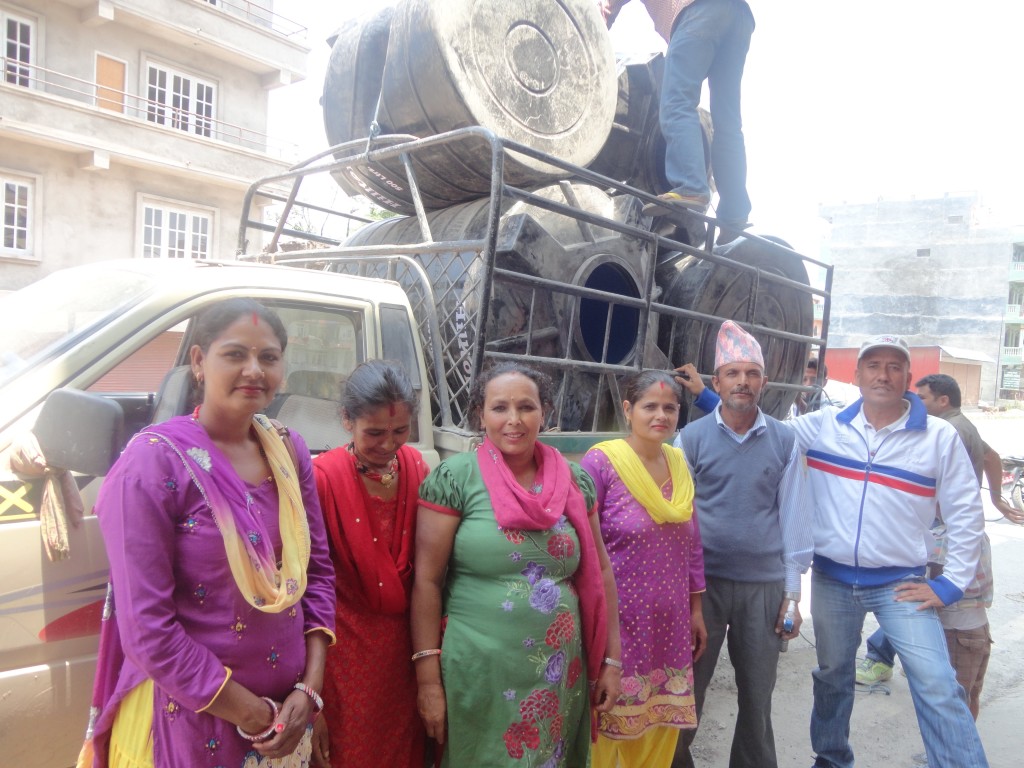
2. Construction of toilets and waste pits:
The earthquake damaged many toilets made during the ASHA/Nepal program in the past. Therefore, ASHA/Nepal distributed pan, zinc plate for roofing, plain sheet and other joining materials. We supported 13 temporary and 1 permanent toilet in Okharpauwa and 5 temporary and 1 permanent toilet in Chhaimale. These materials were distributed along with the equipment of water supply system.
3. Construction support for temporary sheds to a few ultra-poor families and for communities:
Due to the vast destruction of homes, there was a large demand for sheds from the community [members], so ASHA/Nepal distributed 22 bundles of zinc plates to the community for group purposes. ASHA/Nepal supported all the required joint materials and other accessories (nails, binding wires) along with roofing materials. The group members are using the zinc plate to construct temporary sheds at the middle of the community. One temporary shed made by Jalukeni Women Group has been used by a local high school in the daytime and the group uses it in the night. It is a contribution and cooperation of the women’s group to public institutions.
4. Distribution of personal hygiene (health) kits:
Altogether 350 health kits (including soap, toothpaste and brush, sanitary pads, etc)
were distributed to the members of the women’s groups/cooperatives in both areas. Dr. Amod Poudyal, the Chairman of ASHA/Nepal, distributed health kits to women group’s members in Chhaimale and other team members of ASHA/Nepal distributed in Okharpauwa in 28th June and 6th July 2015 respectively. Women groups and cooperative members were glad to use this equipment and to promote their health behaviour in each of their families.
5. Support of First Aid Kits and mobilization of community health volunteers:
To manage the any accidents after the quake, women groups asked us for the First Aid Kits. In the beginning of the project, we had supported first aid kits to the Community Health Volunteers (CHVs) who were trained basically by the government of Nepal, and [offered a training to] refresh their first aid knowledge and skills. Therefore, at this time we distributed 10 first aid kits to the women groups/cooperatives, with guidelines for the proper use of the kit and it’s medicines, which included:
- Jeevanjal
- Bandage
- Handyplasts
- Cetamol
- Diegine
- Betadine
- Thermometer (digital)
- Towel
- Scissors
- Neosporin
- Iodex
- Forceps
- Kit box
- Cotton
- Soap and soap case
- Register and pen
- Manual
Support seeds for summer vegetables
When the earthquake damaged the houses, most of the families could not collect the seeds and grains from the rubbles of the houses. Therefore, ASHA/Nepal distributed 9 types of vegetables for each household of women groups and cooperative members. These seeds of vegetables were suitable for the summer seasons. More than 350 packets were distributed for two project sites.During the distribution of the vegetables, we conducted an orientation program in ASHA/Nepal/Office to the group representatives on 15th July 2015. We had announced that there would be an area wise competition among the farmers for these summer vegetables.
- Reddish
- Cabbage
- Cauliflower
- Broccoli
- Coriander
- Carrot
- Beans (2 types)
- Mustard (leafy)
Conclusion and remaining needs:
The support programme was very effective and ran smoothly in the field. However procuring materials during the time of disaster, it was [very] difficult due to uncontrolled markets.Items supported to the community were very motivational, educational and helped to minimize their trouble after the quake. Women groups and cooperative members were very glad for the support.
They have suggested us to support in the future too for set up community building, permanent water supply system, [reconstruction of] some infrastructures, and educational support for the children which are beyond their capacity at the moment.

